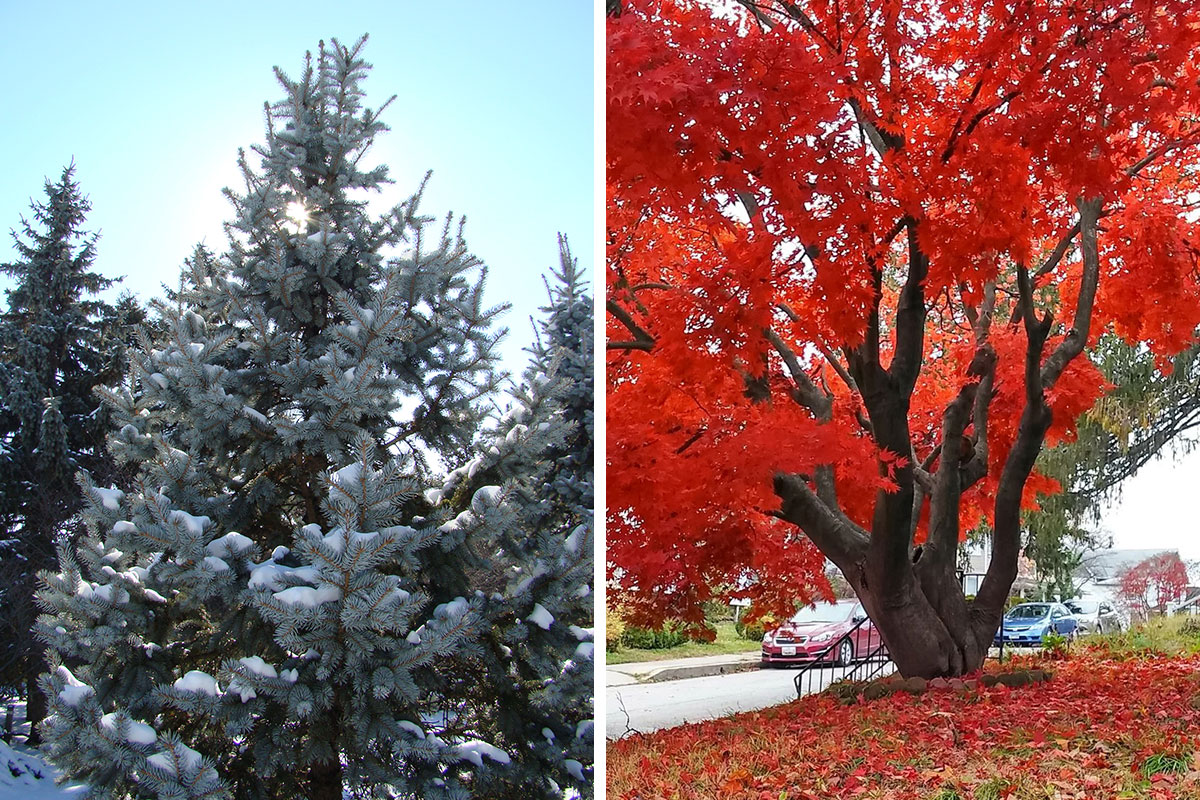
16 Best Fast-Growing Privacy Trees: Say Goodbye To Nosey Neighbors
You’re enjoying a thrilling summer party in your yard: dancing, chugging shots, and playing games with your guests. Suddenly, you notice your neighbors peeping from their windows and creeping out your guests. Even the passersby are staring over your white picket fence. And you think, “If only I had magic beans for fast-growing privacy trees right now!”
Or, imagine a different scenario in which you are reading a murder mystery and trying to lose yourself in the bookland and sleuth your way through the mystery. But the noise from the busy street constantly pulls you back to reality. All you wish for is a private, secluded garden where you can easily escape into fiction. Oh, well, why didn’t you plant one of those fast-growing trees for privacy?
Privacy trees offer so much more than just privacy. Offering shade, color, and flowers, along with a statement-making ornamental yard, privacy trees can easily elevate your outdoors and create an exterior heaven. Just place an outdoor light and create a secluded space for BBQ nights or late-night reading sessions! Yes, we know you really want those trees. That’s why we are here!
With multiple fast-growing trees to choose from, picking the right tree, the best time to plant the trees, and protecting them from pests and diseases, this guide will make your privacy tree planting experience an easy one. Let’s go privacy tree hunting, shall we?
Best Fast-Growing Privacy Trees
From the numerous trees to choose from, here are our favorites that will grow quickly and give you a desirable privacy wall.
#1 Dawn Redwood
With a growth of around 3 feet yearly, the dawn redwood is a graceful tree with an elegant pyramidal shape. Its lush needles turn to shades of red and brown before dropping in autumn. Once the needles fall, an elegant branching pattern is revealed that immediately beautifies the yard. Planting them near decks and patios will provide you not just privacy but also cool shade during sultry summers.
Scientific name: Metasequoia glyptostroboides
Sun exposure: Full
Soil: Moist or occasionally wet, well-drained
Size: 70-90 feet tall, 20-40 feet wide
Hardiness zone: 5 to 8
Fun fact: Back in the day, dawn redwood was known to us only through fossil records. However, in 1941, it was discovered in the Szechwan province of China. Now, it can be found all over the world.
#2 Chinese Tallow Tree
With a spurt of 12 to 18 inches every year, the majestic Chinese tallow tree attracts fewer pests than poplars. It has an attractive round shape perfect for shade with charming color-changing foliage in fall. However, it consistently drops fruits and flowers, so it’s better to plant it at a little distance from your house.
Planting the Chinese tallow at the back of the yard will ensure optimal privacy and a gorgeous yard during fall. But some regions have deemed it invasive, so review local restrictions before you plant it.
Scientific name: Triadica sebifera
Sun exposure: Full
Soil: Moist, well-drained
Size: 20-50 feet tall, 25-35 feet wide
Hardiness zone: 8 to 10
Toxicity: Toxic to Animals
Fun fact: The Chinese tallow tree produces stillingia tallow that’s used in making wax for soaps and candles.
#3 Gum Trees
Image credits: HelloMojo
Gum trees grow 2 to 3 feet yearly, making an excellent privacy screen with a wonderful shade. Due to the debris caused by leaves and stems, planting them away from decks and patios is recommended. Their downside is that they can’t thrive in the extremely hot conditions of the southwest.
Scientific name: Eucalyptus spp.
Sun exposure: Full
Soil: Moist, well-drained
Size: 25-70 feet tall, up to 25 feet wide
Hardiness zone: 9 and 10
Toxicity: Toxic to humans and animals
#4 Maypole Apple Tree
If you have a small yard, the Maypole apple tree is the exact pretty fit for you. The tall and skinny columnar apple trees show off rich pink fragrant flowers in spring, followed by crimson red edible* crabapples. The red-tinged leaves turn burgundy in fall. It’s also a great attractor of hummingbirds and butterflies. This beautiful, colorful tree is perfect for a vibrant privacy screen while also serving as an adornment and attracting birds to your yard.
*While the apples are considered edible, some websites claim them to be purely ornamental.
Scientific name: Malus domestic ‘Maypole’
Sun exposure: Full, partial
Soil: Moist, rich, well-drained
Size: 8-10 feet tall, 2-3 feet wide
Hardiness zone: 4 to 8
#5 Standing Ovation Serviceberry
Image credits: robsc_16
With very low maintenance, standing ovation serviceberry is an ideal shrub for hedging and privacy. It produces clusters of small white (sometimes pinkish) flowers, followed by blueberry-ish edible purple-red berries. Come fall, its foliage turns brilliant orange to scarlet. It’s also loved by birds, butterflies, and squirrels. In conclusion, choosing this tree will give you a private, flowery, fruity, colorful, and chirpy yard.
Scientific name: Amelanchier alnifolia ‘Obelisk’
Sun exposure: Full, partial
Soil: Well-drained
Size: 12-15 feet tall, 3-4 feet wide
Hardiness zone: 2 to 8
Fun fact: Due to its color-changing foliage, showy flowers, edible berries, and perfectly oval form even in winter, people couldn’t help but give this plant a standing ovation, hence the name!
#6 Weeping Willow
The most dramatic tree to ever exist makes for a fine privacy wall. Its graceful droopy stems and lance-shaped leaves that change to yellow in fall instantly prettify any yard that they adorn. Their striking appearance and massive size are all the glamor your outdoors needs!
Scientific name: Salix babylonica
Sun exposure: Full, partial
Soil: Moist, well-drained
Size: 35-50 feet tall, 5-50 feet wide
Hardiness zone: 4 to 10
Fun fact: Willows have made an appearance in many famous literary texts like Othello (willow song), Hamlet (Ophelia’s death from a breaking willow branch), The Lord Of The Rings (Old Man Willow), and even Harry Potter (whomping willow)!
#7 Red Maple
The red maple tree gets its name from its red twigs, red fruits, red flowers, and its striking, highly desirable red fall foliage. Privacy, color, and shade; it provides everything, along with a mesmerizing gardenscape. Shower it with proper love and care; it’ll live up to 100 years, even outgrowing you!
Scientific name: Acer rubrum
Sun exposure: Full, partial
Soil: Moist, porous, well-drained
Size: 40-70 feet tall, 33-50 feet wide
Hardiness zone: 3 to 9
Toxicity: Toxic to horses and ponies
Fun fact: The sap of red maples goes into making maple syrup!
#8 Peking Cotoneaster
The dense growth of this deciduous shrub makes it an excellent natural hedge or privacy screen. It features color-changing fall foliage (from dull green to vibrant red and yellow) and white, pink-tipped flowers followed by persistent, black, ornamental berries.
The peking cotoneaster demands low maintenance as it can thrive naturally. Prune only if you want to shape it. Now, who wouldn’t want this no-hassle, natural privacy screen?
Scientific name: Cotoneaster acutifolius
Sun exposure: Full, partial
Soil: Well-drained
Size: 6-8 feet tall, 4-6 feet wide
Hardiness zone: 3
Toxicity: Toxic to animals
Best Fast-Growing Evergreen Trees for Privacy
Don’t want your privacy wall to turn into a skeleton in winter? Check out these evergreen options for year-round privacy.
#9 Leyland Cypress
Looking for a natural privacy screen that also softens the acoustics and blocks the sight of a bustling street? Leyland cypress is here for you! It is a fast-growing hedge with slender branches that show off gray-green needled foliage. This evergreen conifer boosts up 1 to 3 feet yearly. Regular pruning will keep its size in check. Its lush pyramidal form and fast growth have made it a popular choice amongst homeowners.
However, it’s worth noting that a Leyland cypress is highly susceptible to serious pests, diseases, and problems that are sometimes untreatable. Make sure you provide it with proper care.
Scientific name: Cuprocyparis leylandii
Sun exposure: Full, partial
Soil: Moist, well-drained
Size: 40-60 feet tall, 10-15 feet wide
Hardiness zone: 6 to 10
Toxicity: Slightly toxic to humans and animals
#10 Colorado Blue Spruce
How can you think about fast-growing trees for privacy without the Colorado blue spruce popping into your mind? With mesmerizing silvery-blue foliage, short, sharp needles, and giant height, it’s the perfect landscaping tree for a dreamy privacy screen. As it’s popularly used as a Christmas tree, you can also decorate one on the wall nearest to your house. How thrilling to decorate a Christmas tree grown with your own hands!
Scientific name: Picea pungens
Sun exposure: Full
Soil: Moist, rich, well-drained
Size: 50-75 feet tall, 15-20 feet wide
Hardiness zone: 2 to 7
Fun fact: Some native American tribes used the Colorado blue spruce for medicinal purposes. They also gifted its twigs to bring good fortune to the receiver.
#11 Deodar Cedar
A mighty tree that can grow up to 1000 years of age, the deodar cedar is an excellent privacy tree. With a year-round cover, the ability to survive the harshest conditions, elegant swooping branches, and soft needles with a blueish-green, grayish-green, or silvery hue, it’s perfect for a natural, giant barrier against nosey neighbors or bustling streets! As deodar cedar drops its needles in late summer, plant it as a border wall rather than close to the deck or patio.
Scientific name: Cedrus deodara
Sun exposure: Full
Soil: Moist, occasionally wet, well-drained
Size: 40-60 feet tall, 20-30 feet wide
Hardiness zone: 7 to 9
Fun fact: The deodar cedar is considered to be sacred in Hinduism. It originates from the Sanskrit word devadaru, which translates to ‘timber of the gods.’
#12 Tannenbaum Mugo Pine
Ideal for small yards, Tannenbaum mugo pines are hardy, evergreen trees that can adapt to different climates. Their deep green color, Christmas tree-like shape, and aesthetic appeal make them the top choice for an ornamental privacy wall. Their pretty presence is the missing gem your small garden yearns for!
Scientific name: Pinus mugo ‘Tannenbaum’
Sun exposure: Full, partial
Soil: Well-drained
Size: 12-15 feet tall, 8-12 feet wide
Hardiness zone: 2 to 7
Fun fact: O Tanenbaum (translates to ‘O fir tree’) is a popular Christmas carol that talks about the evergreen quality of fir, symbolizing consistency and faithfulness, hence the name!
#13 Douglas Fir
Often used as a Christmas tree, the Douglas fir has an elegant pyramidal shape. This eye-catching evergreen has multiple subspecies. It creates a perfect massive privacy wall that cocoons the entire house. It can also be grown as a single accent tree to decorate your yard.
Scientific name: Pseudotsuga menziesii
Sun exposure: Full, partial
Soil: Moist, well-drained
Size: 60-80 feet tall, 15-25 feet wide
Hardiness zone: 4 to 7
Fun fact: The name Douglas fir is misleading as it isn’t a fir but a conifer!
#14 Hick’s Yew
A narrow, upright evergreen shrub, hick’s yew has deep green foliage throughout the year. Its leaves are glossy, rich green at the top, with a lighter shade underneath. Apart from the all-season, eye-catching foliage, it produces small red berries in fall, making it a highly ornamental, living privacy wall.
Scientific name: Taxus x media ‘Hicksii’
Sun exposure: Full, partial
Soil: Moist, well-drained
Size: 10-12 feet tall, 3-4 feet wide
Hardiness zone: 3 to 7
Toxicity: Toxic to humans and animals
Fun fact: Although hick’s yew is poisonous to animals, deer can feed on some parts of the plant and still survive.
#15 Spartan Juniper
A versatile tree that makes for a low-maintenance, drought-tolerant, and lush privacy screen, the Spartan juniper is your garden’s missing companion! Tall and slender, with rich green and compact foliage, it’s also your go-to plant for ornamental landscaping in small spaces.
Scientific name: Juniperus chinensis ‘Spartan’
Sun exposure: Full, partial
Soil: Moist, well-drained
Size: 15 feet tall, 5 feet wide
Hardiness zone: 4 to 9
Toxicity: Toxic to animals
Fun fact: The spiky and hardy Spartan junipers were used as weapons during the Middle Ages!
#16 Thuja Green Giant
Strong, sturdy, weather-resistant, pest-resistant, easy-to-grow and maintain, lush foliage, natural privacy screen, and a pretty landscape, all combine in this coniferous evergreen tree. Its awe-inspiring size lives up to its ‘giant’ name and cocoons your house in a natural, green tapestry throughout the year. We don’t think you need any more convincing. Get the Thuja green giant already!
Scientific name: Thuja standishii x plicata ‘Green Giant’
Sun exposure: Full, partial
Soil: Moist, fertile-rich, well-drained
Size: 40-60 feet tall, 12-18 feet wide
Hardiness zone: 5 to 8
Toxicity: Toxic to cattle, sheep, and horses
How to Choose Fast-Growing Trees for Privacy?
We have provided you with multiple options to pick from. If that has left you a little confused about which tree to choose, let us help you out. If you’re a newbie when it comes to planting privacy trees, think about these four points before you decide to purchase the right fast-growing privacy trees for your yard.
Growth Rate
While purchasing, check the growth rate of the tree you are purchasing. If you need a quick result, opt for high-quality shrubs that grow rapidly. You will also need to consider the height you want your privacy trees to grow up to. Pick the best species to envelop your house within five years.
Care & Maintenance
If you have a hectic life where it’ll be difficult to give time to the plants, opt for low-maintenance trees that are also resilient and will withstand the worst of the seasons.
Evergreen trees demand very little care. But the deciduous ones need more pampering. A seasonal leaf cleanup is a must for them. Also, after shedding leaves in autumn, all that remains are the skeletons, which don’t provide much privacy.
Available Space
The trees that you choose should align with the space reserved for planting them. Check their mature height and width before purchase. Also, check for powerlines above the planting space, as tall trees might turn dangerous if they reach up to the powerlines. But if you have a big property with the luxury of space, you can opt for the giant species that will cocoon your house with shade, privacy, and, of course, beauty!
Price
Don’t forget to think about your budget before you decide on the trees. If you’re looking for cheap, fast-growing privacy trees, then Leyland cypress, Thuja green giant, weeping willow, or Spartan juniper are your go-to choices. Buying in bulk or going with smaller trees and shrubs are other wallet-friendly options you can consider.
What is the Best Time to Plant Fast-Growing Privacy Trees?
Spring or fall are the best seasons to plant privacy trees. The slightly warm spring air helps them boost their height, while the slightly chilly fall breeze helps them properly develop their roots. Planting them in winter is a big NO, as frozen soil doesn’t germinate. Meanwhile, the intense summer heat isn’t conducive.
Pests & Diseases
Image credits: FnSUp
Pests and diseases might try to turn your privacy trees into their homes. After all, the trees create such an alluring environment that pests and diseases are attracted to it, just like moths to a flame. Here are a few of them that might attack your trees. Check for signs at an early stage to avoid any major damage to the trees.
Common pests: Worms and caterpillars’ favorite food is trees. Check for holes in the leaves. If there’s an uncontrolled attack, the tree might grow weak and eventually die. Insects like aphids, beetles, lace bugs, spider mites, and others also dig holes in the trees. They lay their eggs, keep multiplying, and destroy the trees. You can spray insecticide or neem oil mixed with soap and water to get rid of them.
Canker: Homeowners, beware of the cranky canker disease. It can pass through tree wounds, block the internal systems, and kill the trees. Protect your trees from mechanical injuries that increase their vulnerability. It’s best to remove the infected parts immediately.
Blight: The brutal blight usually loves to attack the stressed, wounded, or neglected evergreen trees. It causes the leaves to discolor while also halting the tree growth. Protect your evergreens from this disease by regularly applying fungicides, removing the affected trees to cease the spread, and giving proper water and sunlight.
Powdery mildew: If your privacy trees dwell in shaded spots without sunlight, then they can be attacked by powdery mildew. You will notice a development of white coating on the leaves while the affected parts will discolor and die. Regular fungicides should help. However, to prevent this issue in the first place, make sure you plant your beloved trees where they can get full sun exposure.
Root rot: This awful disease is fatal for trees. It discolors the leaves, causing defoliation. You can avoid it by making sure that the soil is well-drained when the tree is being planted. Another thing to consider is properly watering the trees and, at all costs, avoiding overwatering.
Are Privacy Trees Worth It?
YES, privacy trees are worth all your time, effort, and money! Think about it; a living fence looks so much better than a wooden one. Plus, they bring an elegance that might even increase your home value. A green privacy wall will also give you a cool, fresh space to beat the summer heat! So, go to a local nursery, choose the tree per your region’s hardiness zone, and start planting!
If any of the trees mentioned in this guide inspire you to build a privacy wall in your yard, let us know in the comments! Also, share this with your family or friends who are looking for a green privacy option against their nosey neighbors!
Looking for other trees to adorn your yard? Check out our guide about the Dogwood Tree!
FAQs About Fast-Growing Privacy Trees
What’s the Fastest-Growing Tree for Privacy?
Leyland cypress, Chinese tallow, Thuja green giant, and deodar cedar are just some of the fastest-growing trees for privacy.
What is a Good Privacy Bush that Grows Fast?
Hydrangea, lilac, serviceberry, and juniper are just a few of the good privacy bushes that grow fast.
What is the Fastest-Growing Tree for Logging?
Eucalyptus, poplar, and pine are some of the fastest-growing trees for logging.
What Privacy Tree Lives the Longest?
Cedar, redwood, oak, and yew are some privacy trees that live the longest. However, the care you give the trees also determines their longevity.
796views
Share on FacebookEven if it's technically in your zone, you should avoid planting trees and plants that aren't native (or long since acclimatized) to your area. Often, they'll take resources native plants and trees need and edge them out. If I ever catch the jerk who introduced Chinese bittersweet to New England...
Even if it's technically in your zone, you should avoid planting trees and plants that aren't native (or long since acclimatized) to your area. Often, they'll take resources native plants and trees need and edge them out. If I ever catch the jerk who introduced Chinese bittersweet to New England...
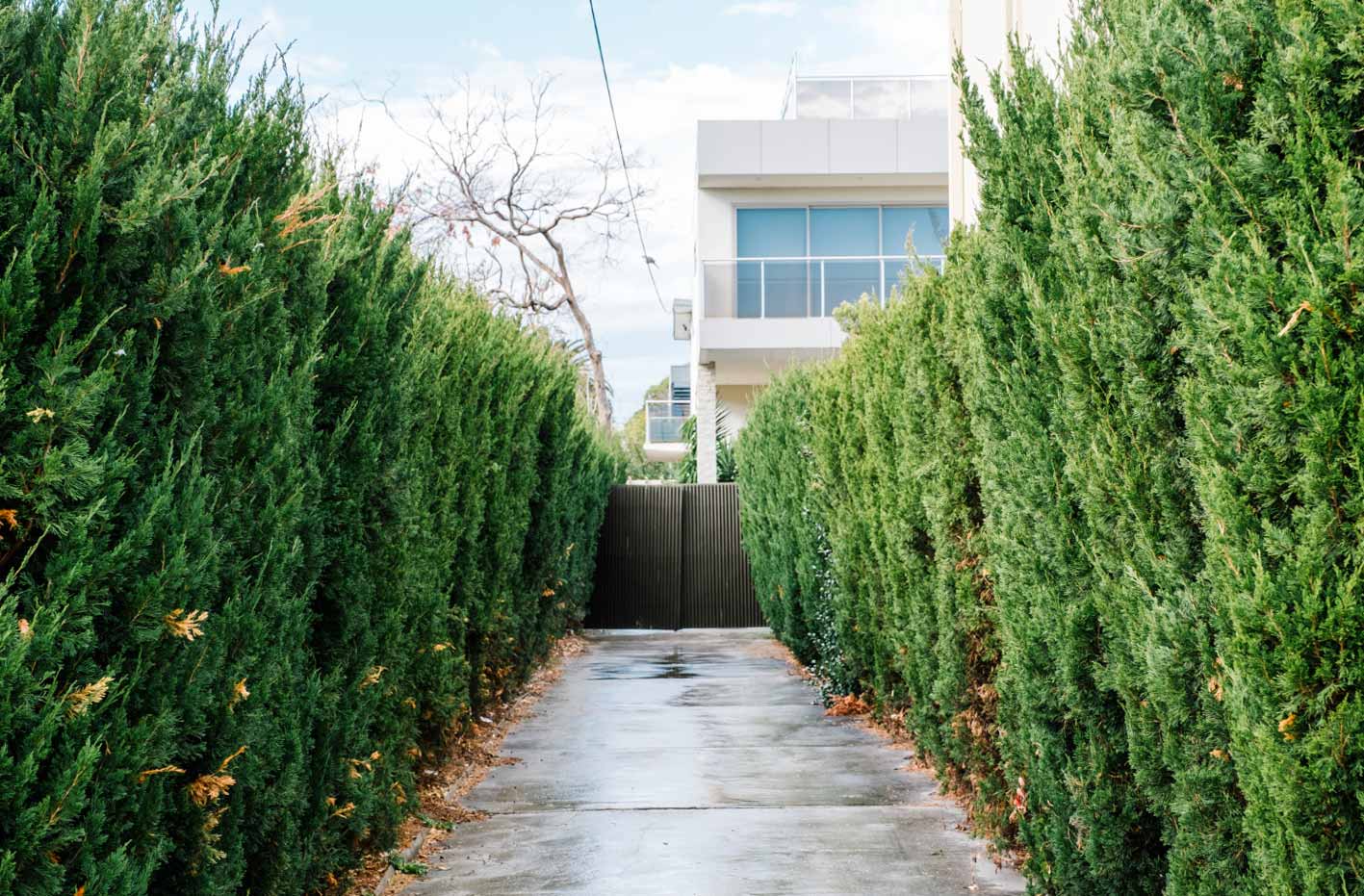
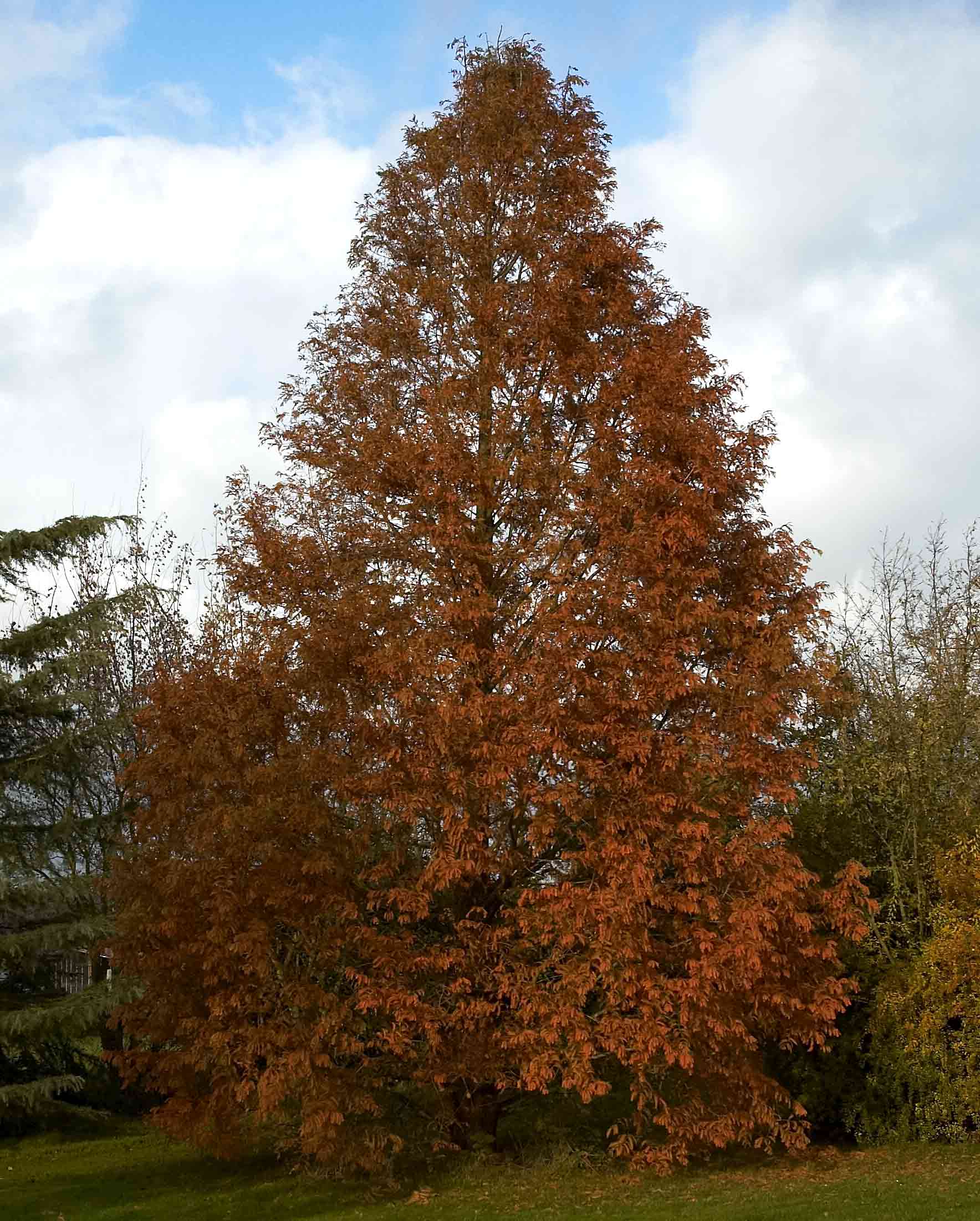
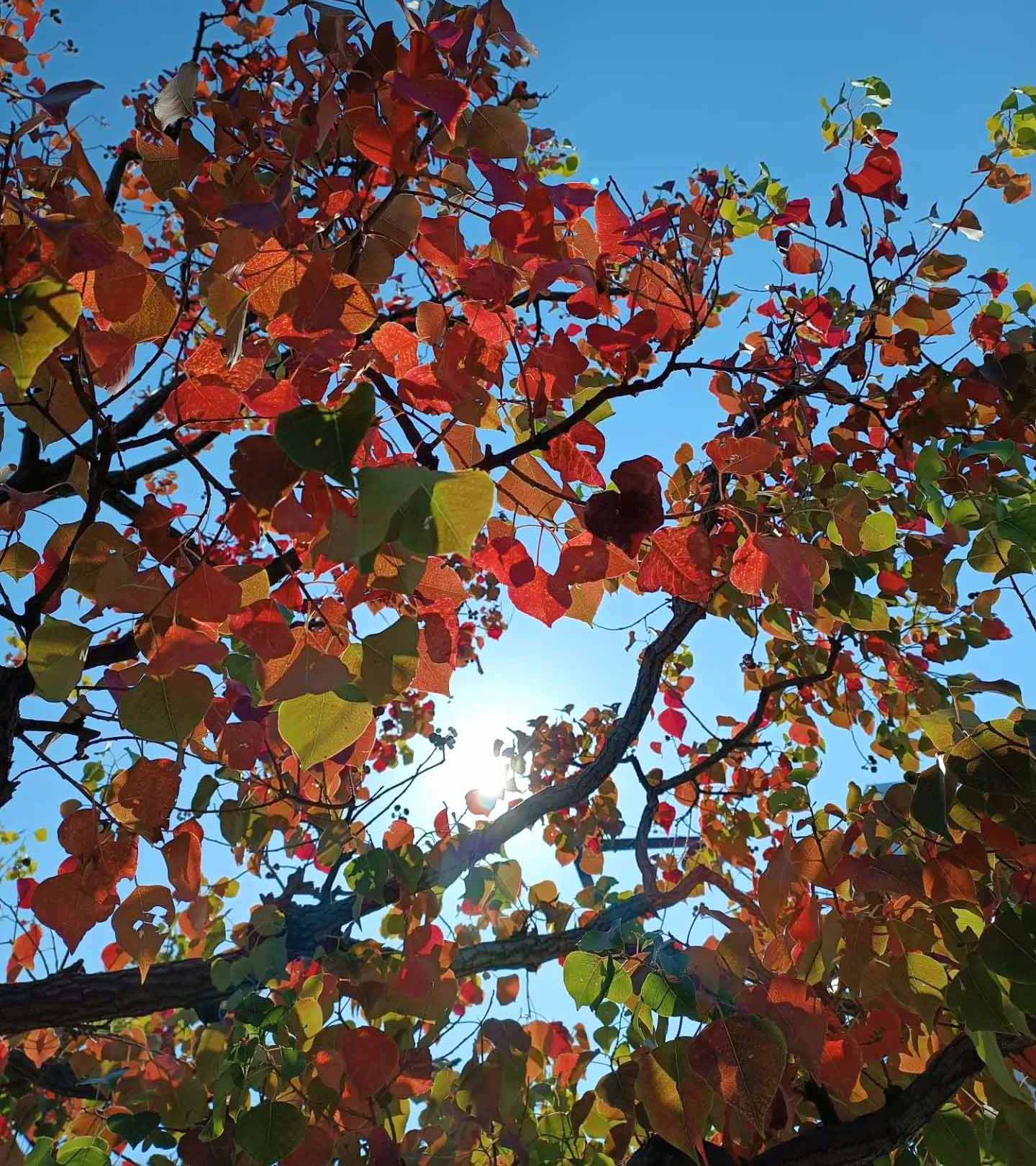
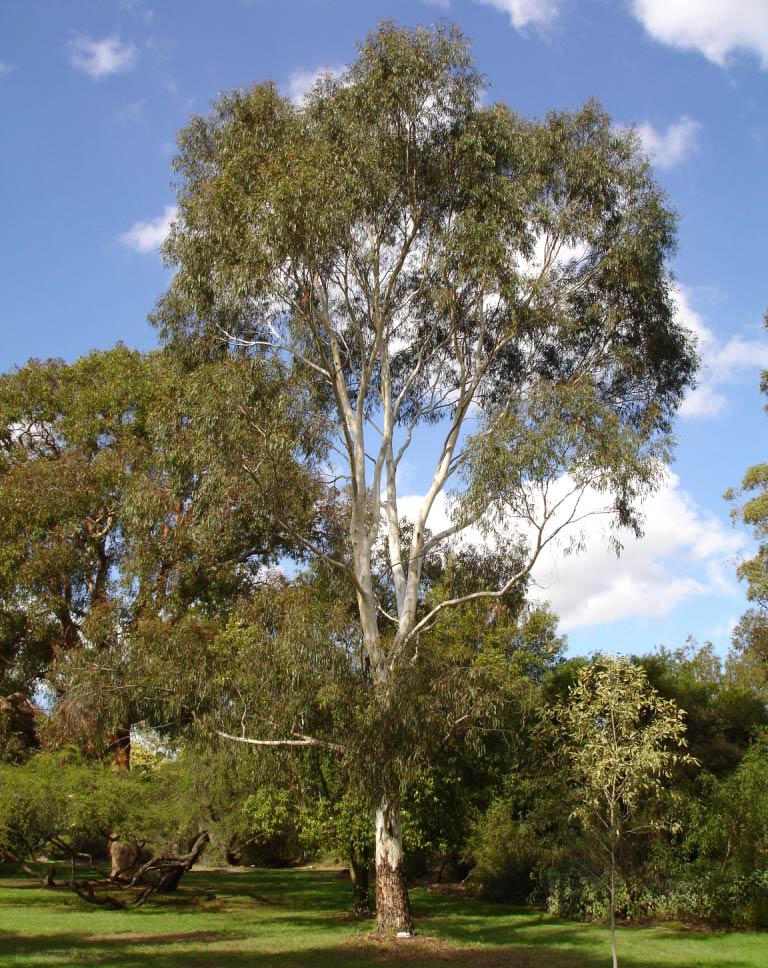
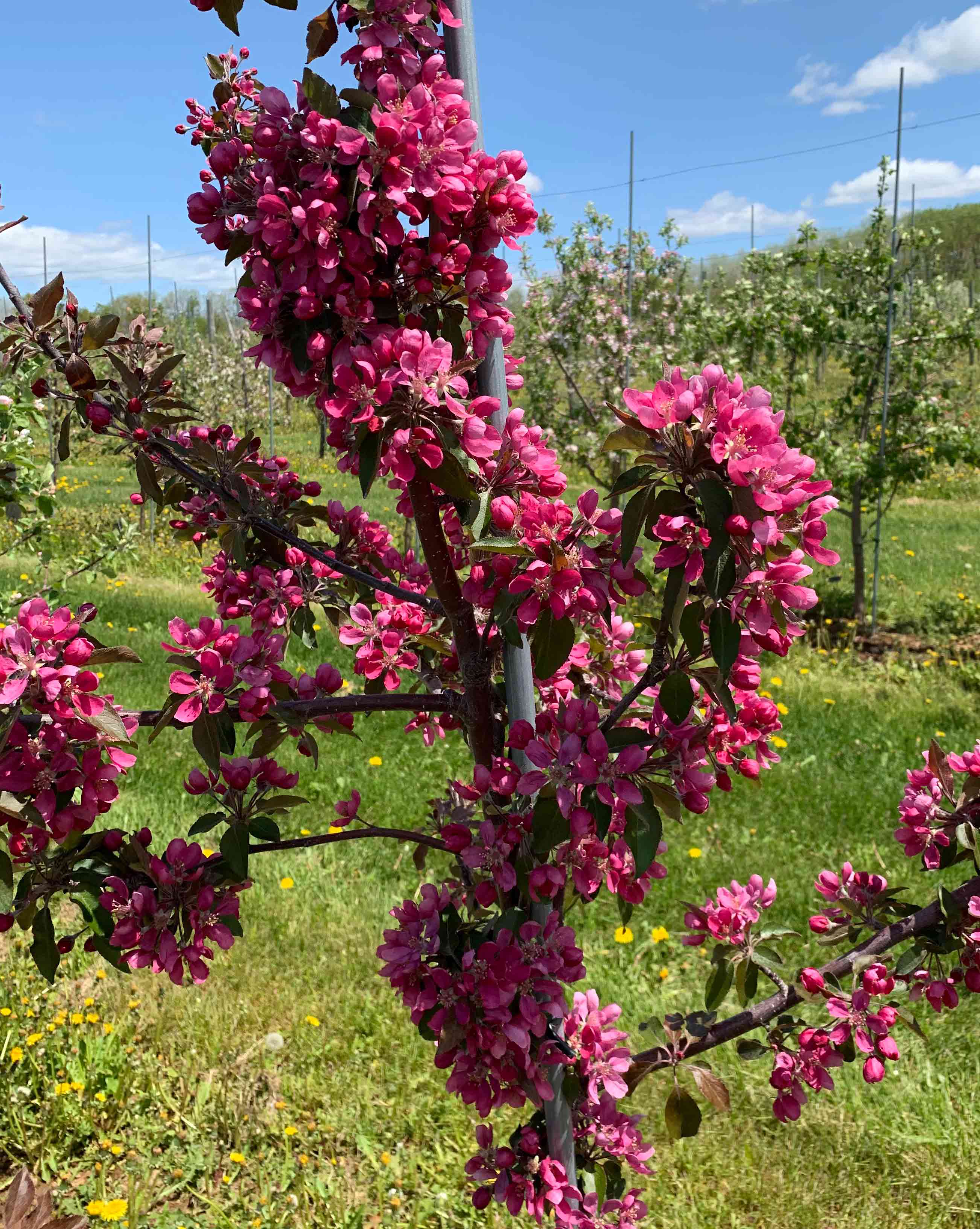
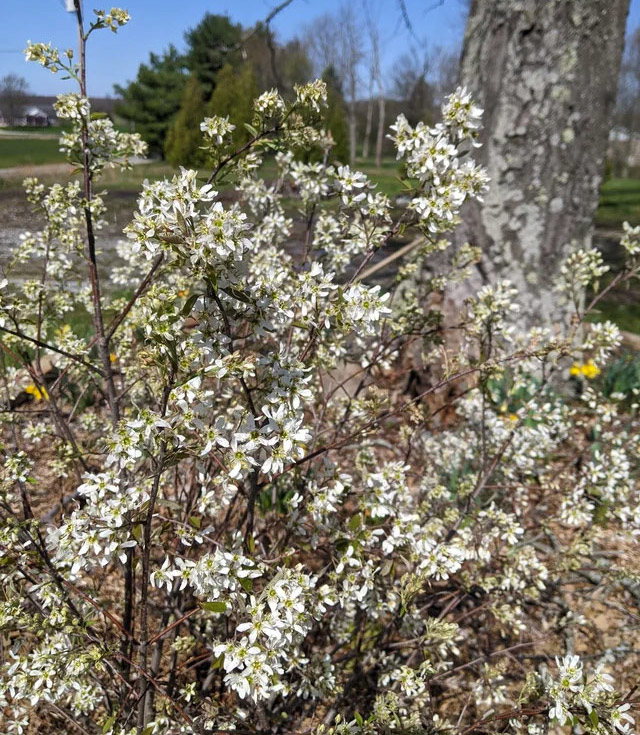

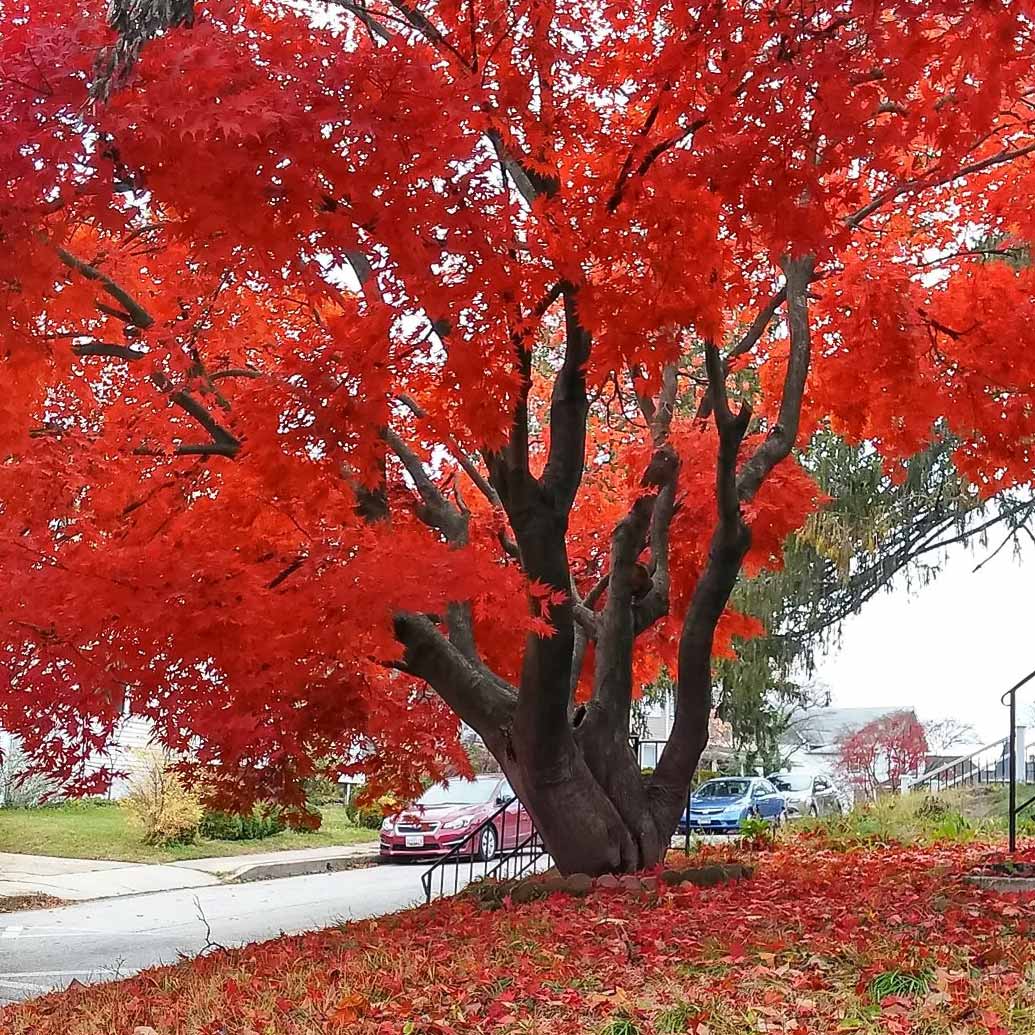
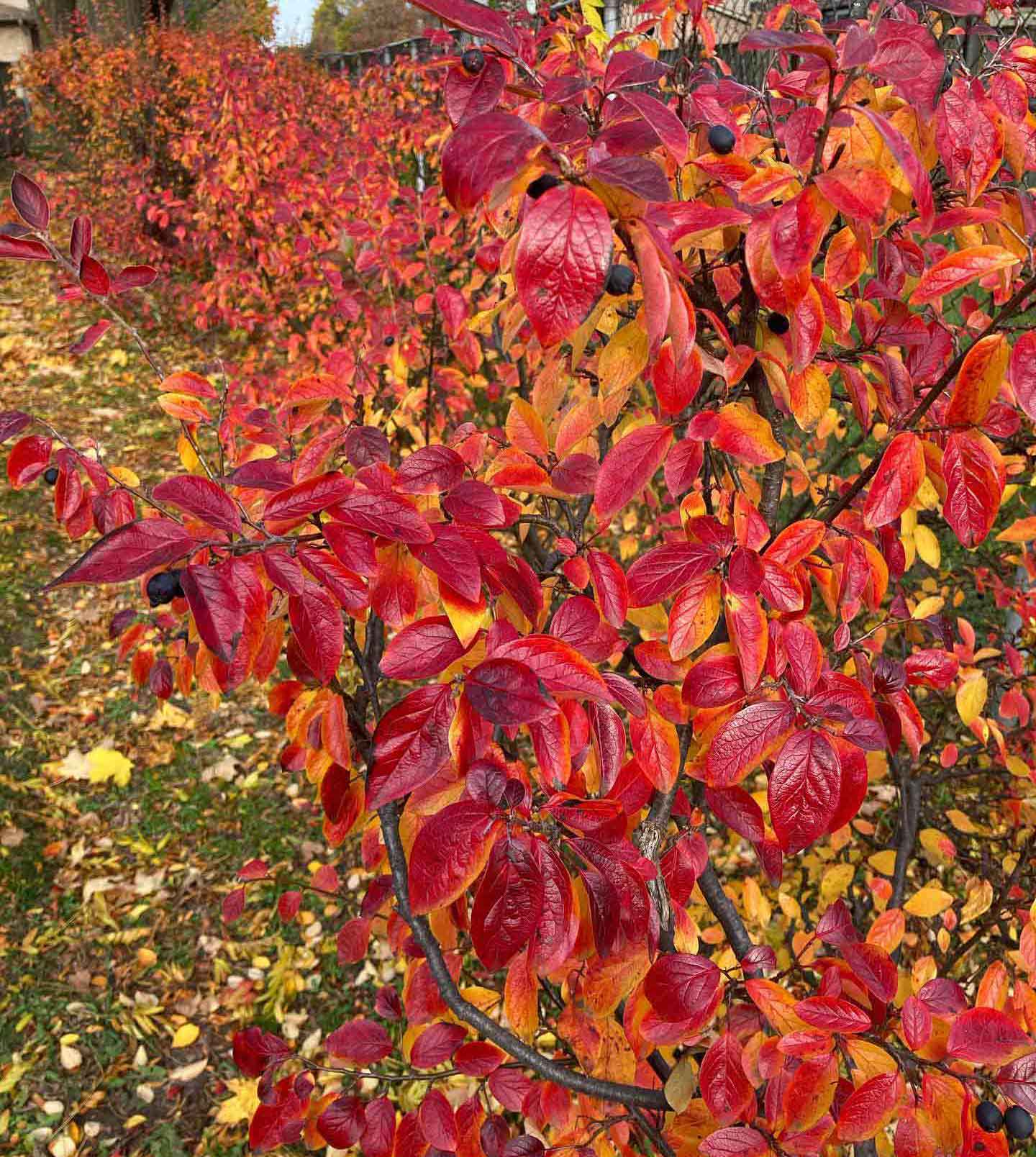
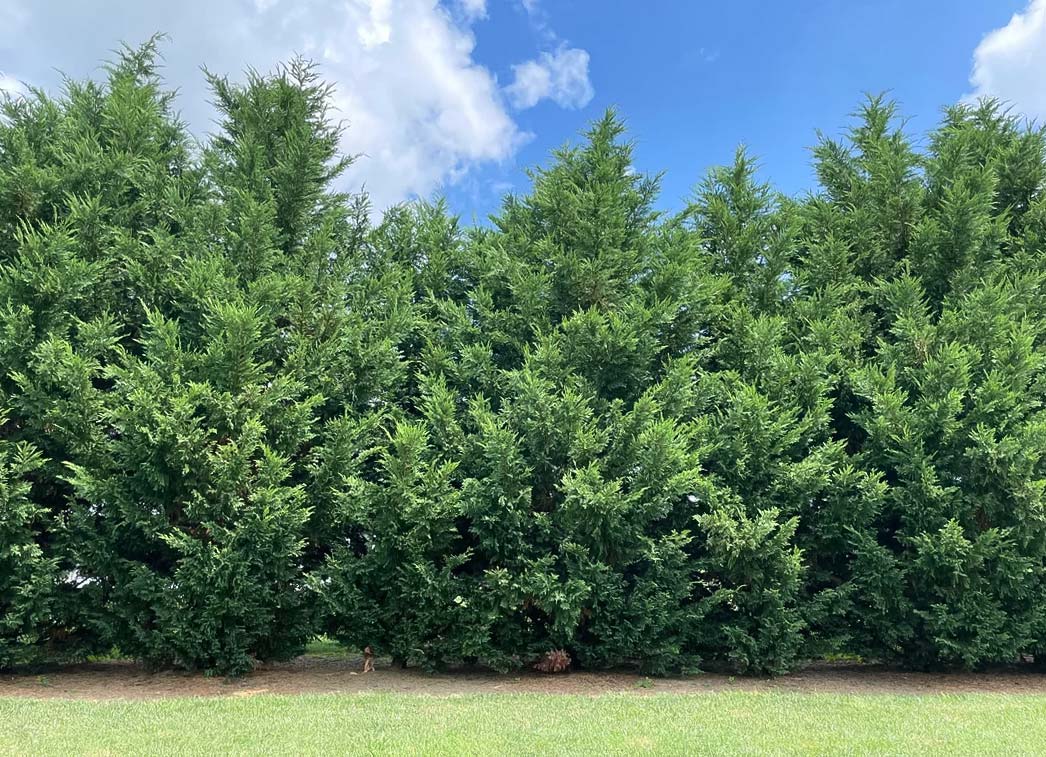
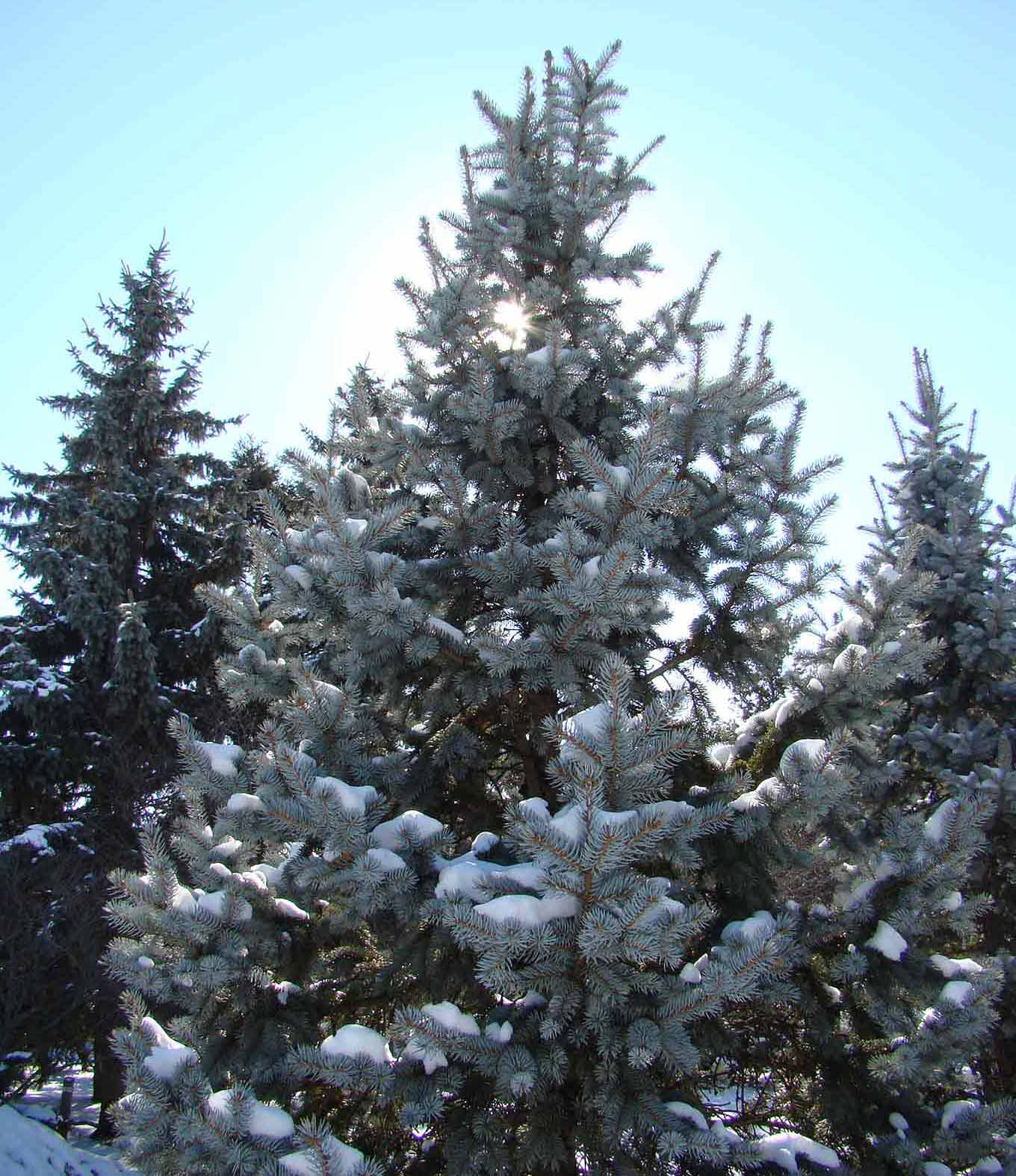
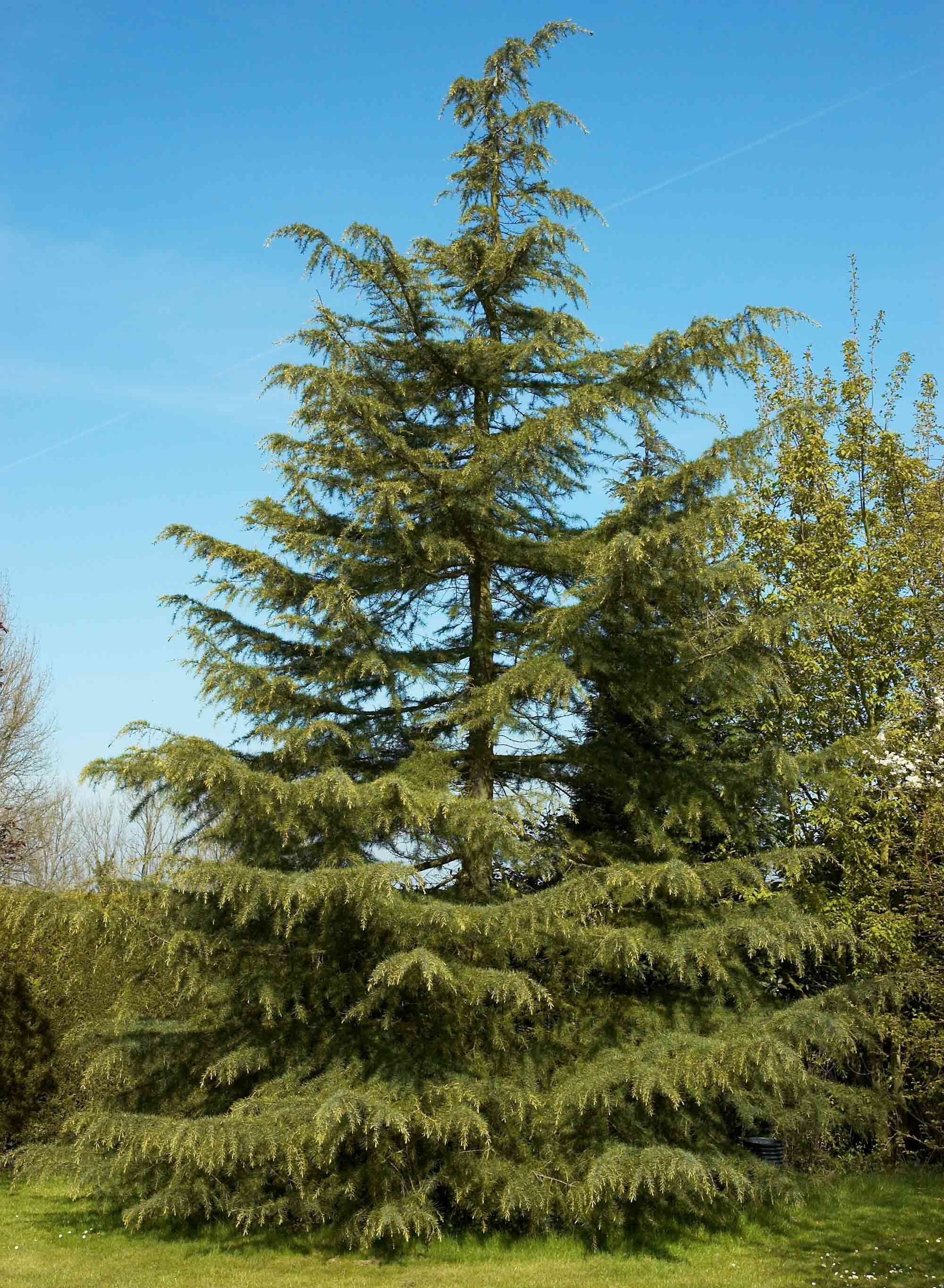
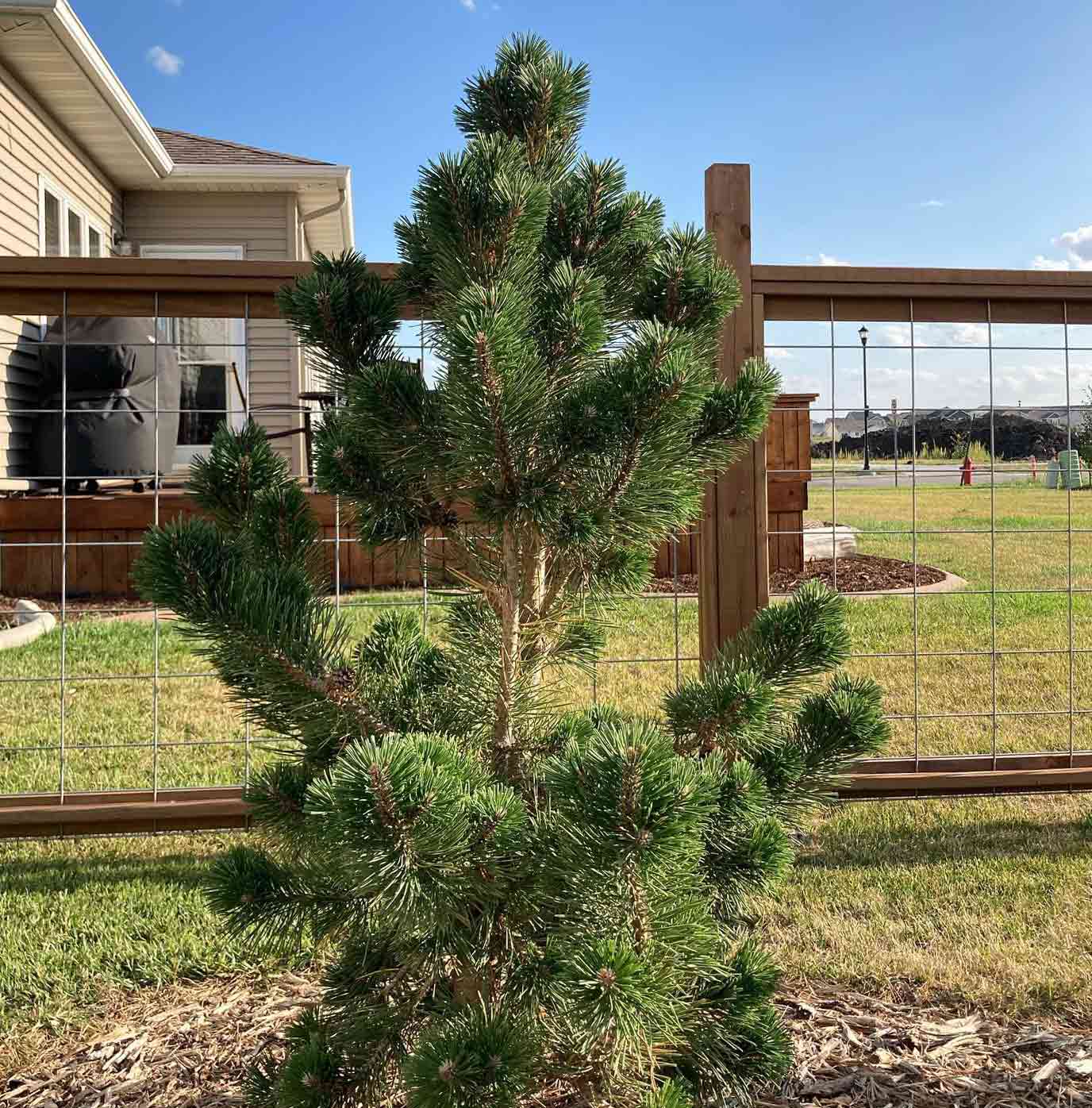
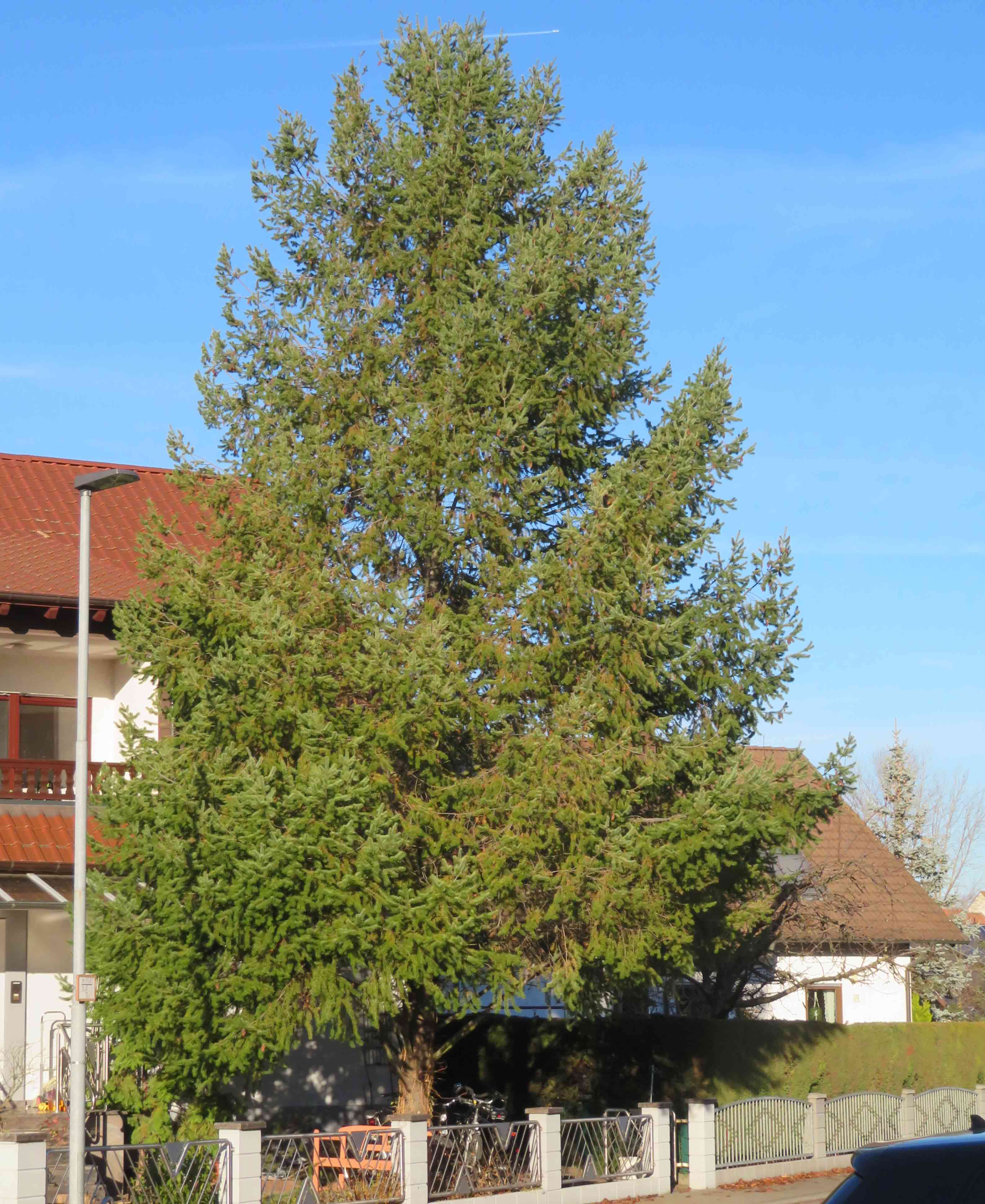
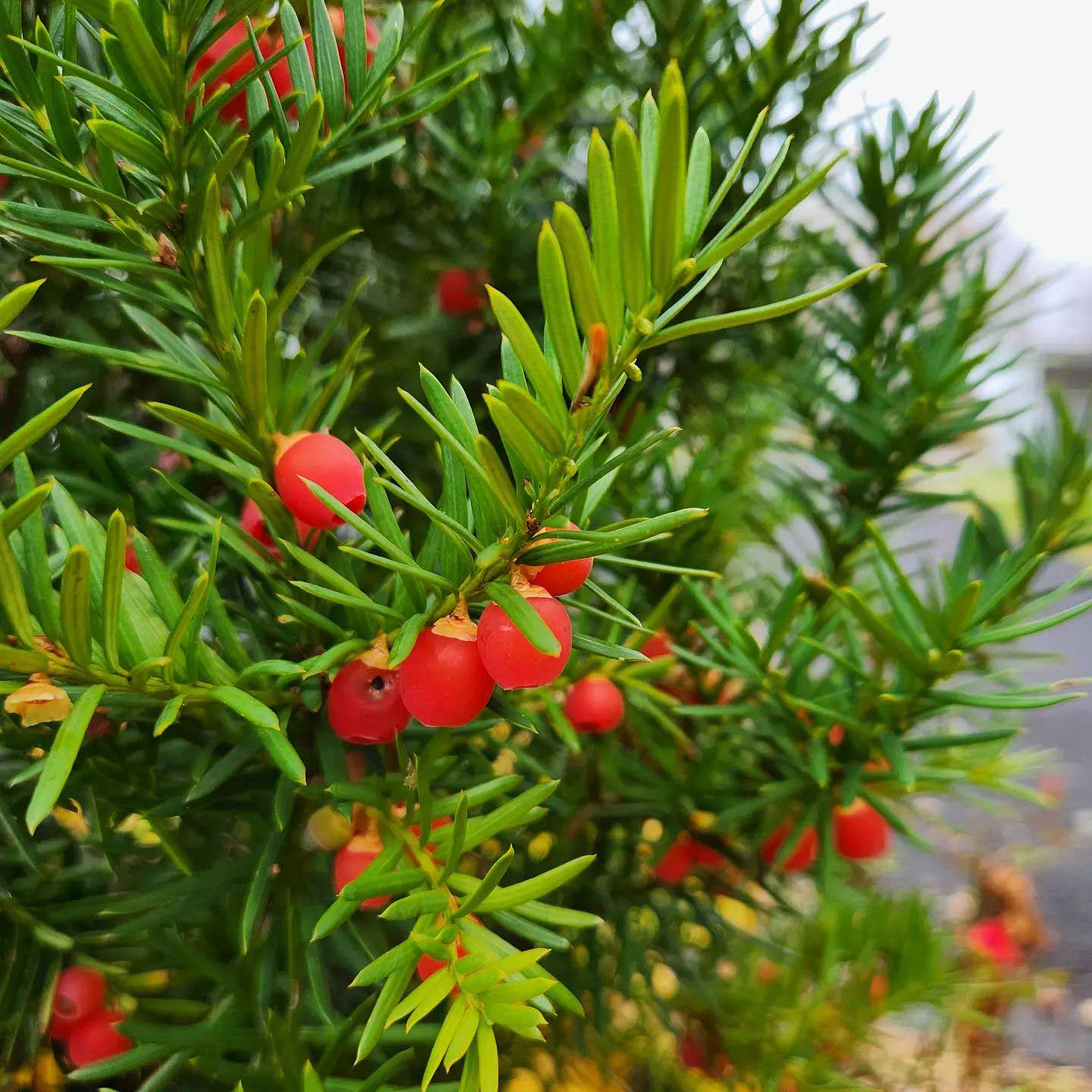
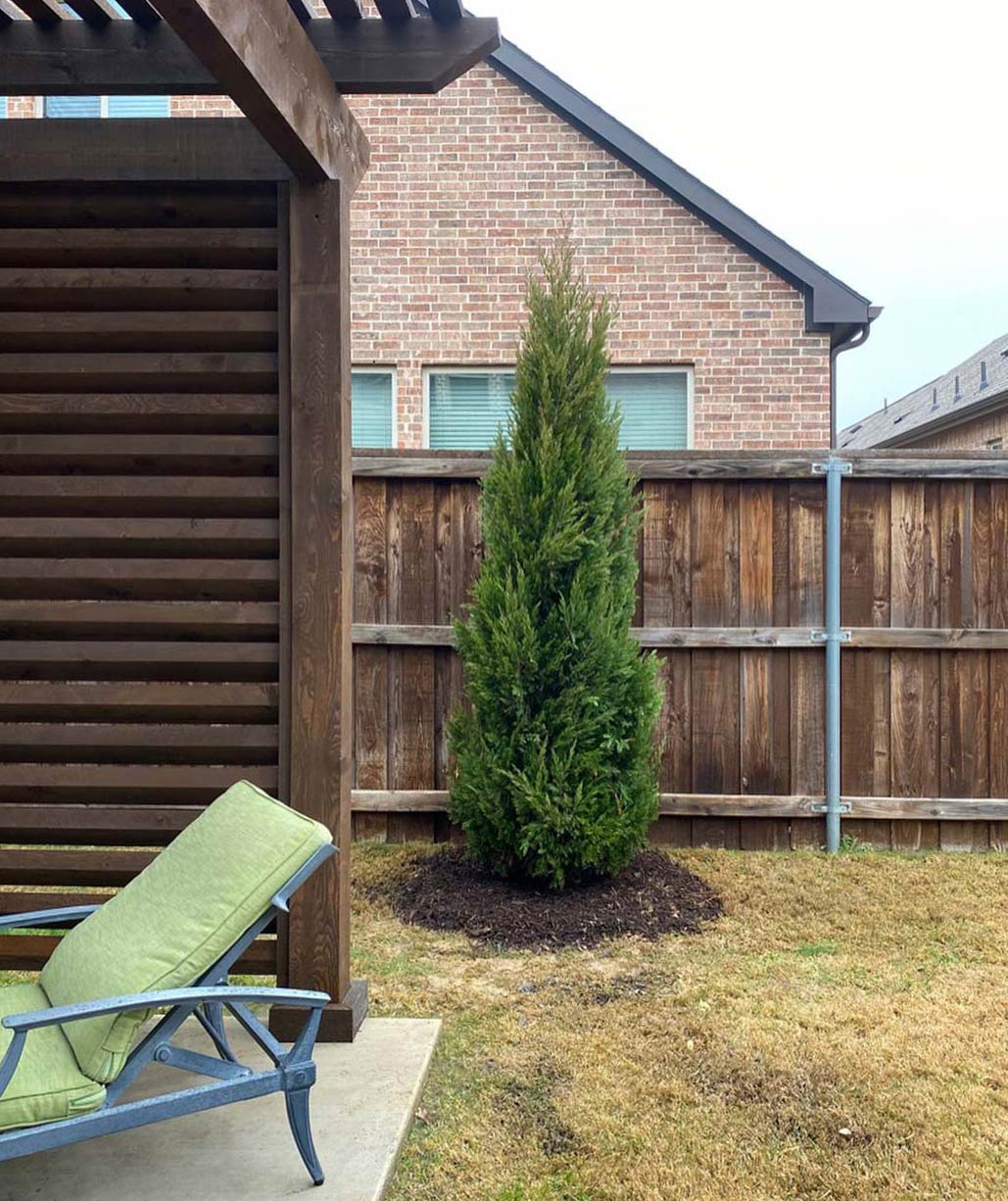
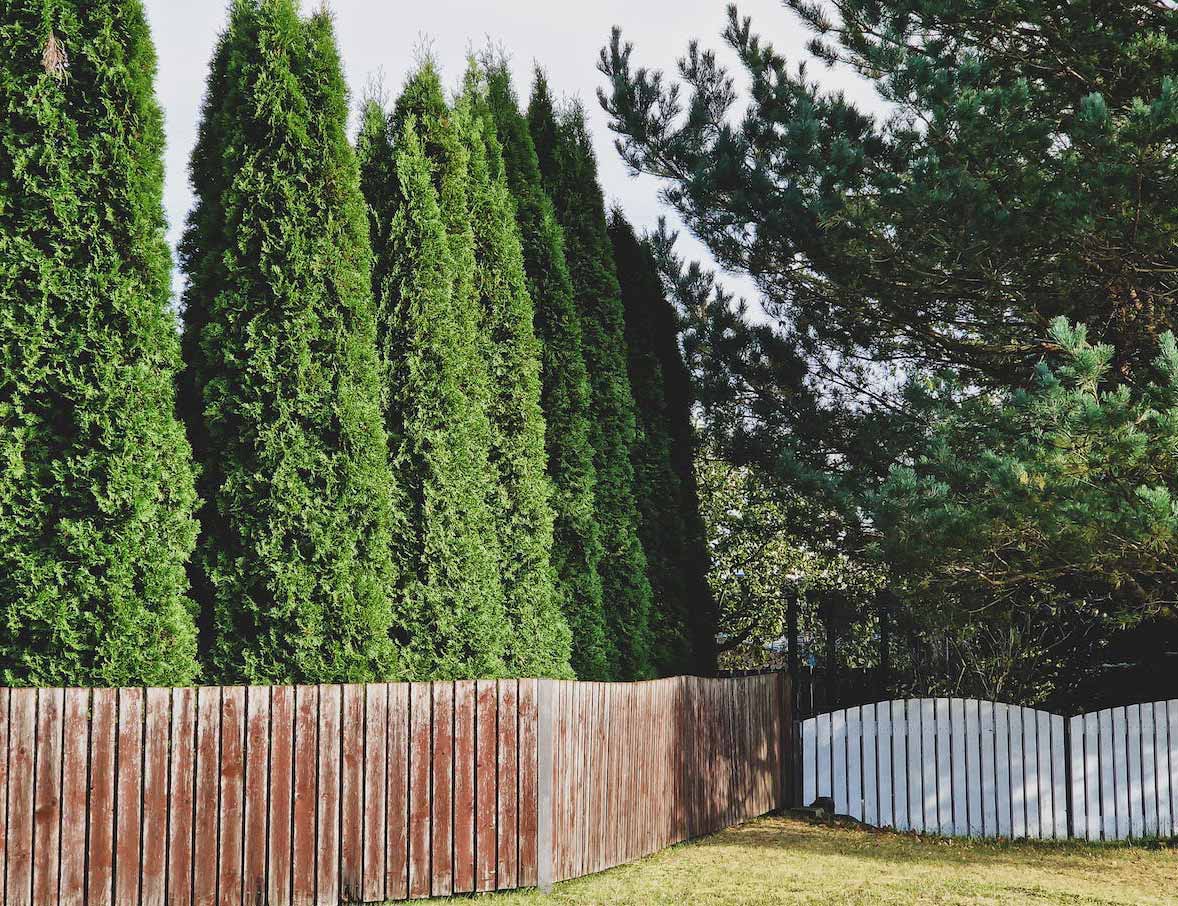
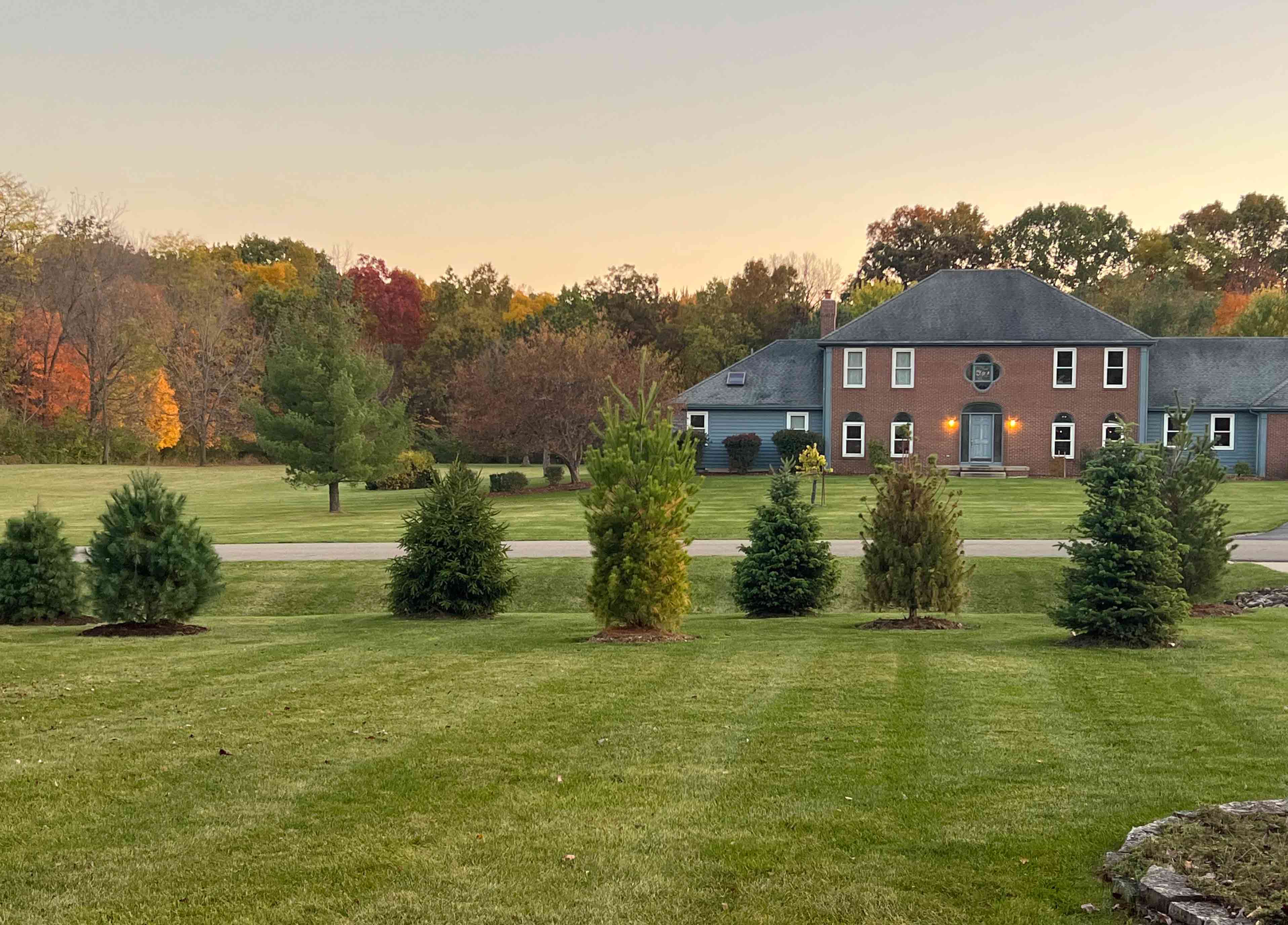
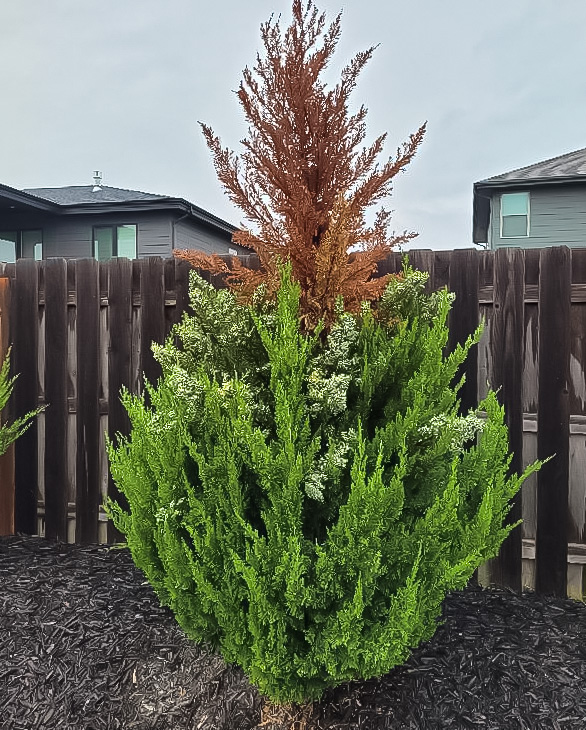
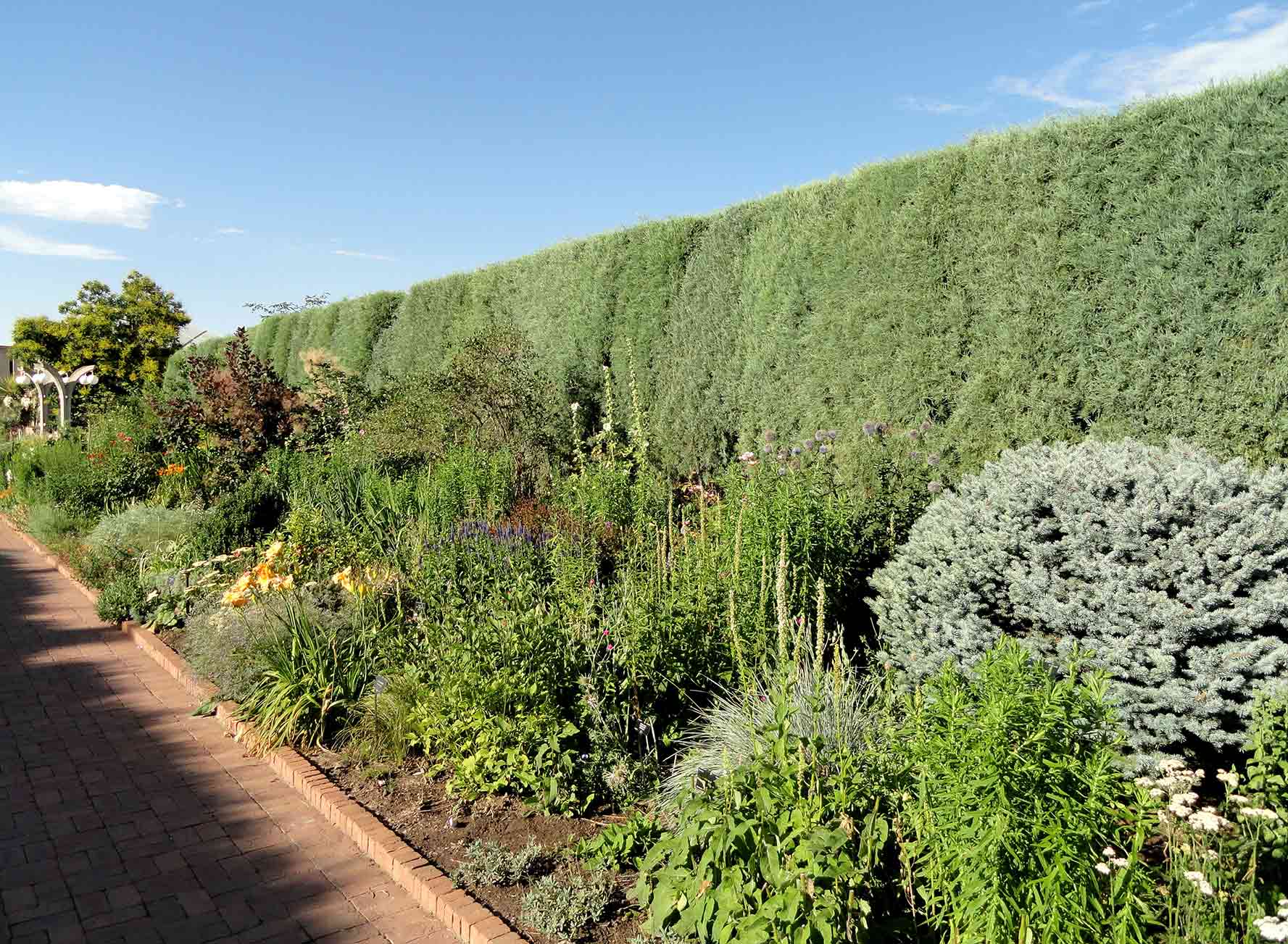




13
1